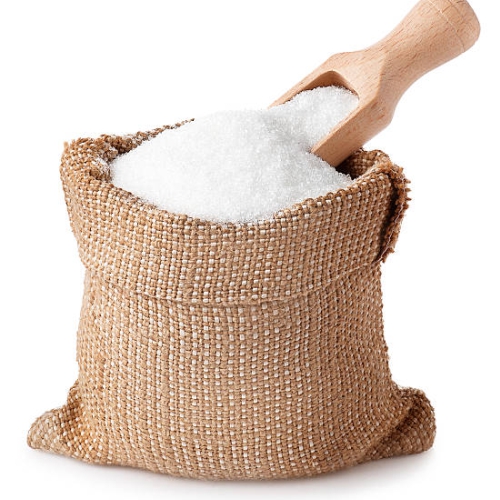Sufficient sugar stocks to meet festive demand: Centre

The country currently has 10.8 million tonne of sugar. This quantity is sufficient to meet current demand and also the demand for the upcoming festive season when demand goes up
The Centre on Friday said the country had sufficient sugar reserves to meet higher demand during the upcoming festive season and it was “highly premature at this stage” to predict any shortfall in production, following forecasts by a top industry body that output could fall this year.
Food prices currently are a pressing concern in the world’s largest sugar producer and the Indian Sugar Mills Association this week said output could decline by 3.41% to 31.68 million tonne. The country’s annual consumption of the sweetener is about 27 million tonne.
“The country currently has 10.8 million tonne of sugar. This quantity is sufficient to meet current demand and also demand during the festive season. The present availability is higher than needed,” Union food secretary Sanjeev Chopra said.
Under a government-mandated programme, a part of the sugarcane crop is also utilised to make ethanol, which is blended with petrol by oil-marketing companies.
The official said although rains had been patchy in some regions, the country’s cane crop was in a “reasonable condition”. The government as usual will come out with its own production estimates of the sweetener within two months, he said.
“Sugarcane acreage, according our indications, is higher this year at 5.6 million hectares over last year’s 5.3 million hectares. The cane crop in sugar growing states is still maturing. At this stage, there is no point in coming out with any estimates of production,” the food secretary said.
India is both the biggest producer and consumer of sugar, which is tightly regulated by government regulations. The sweetener is considered an essential item because people are sensitive to its prices. Yet, a major chunk of India’s annual sugar output goes into commercial food products. Household consumption accounts for no more than 10%.
The government sought to quell any speculation in the markets that could lead to a jump in prices following the forecast of lower production by the main industry body.















